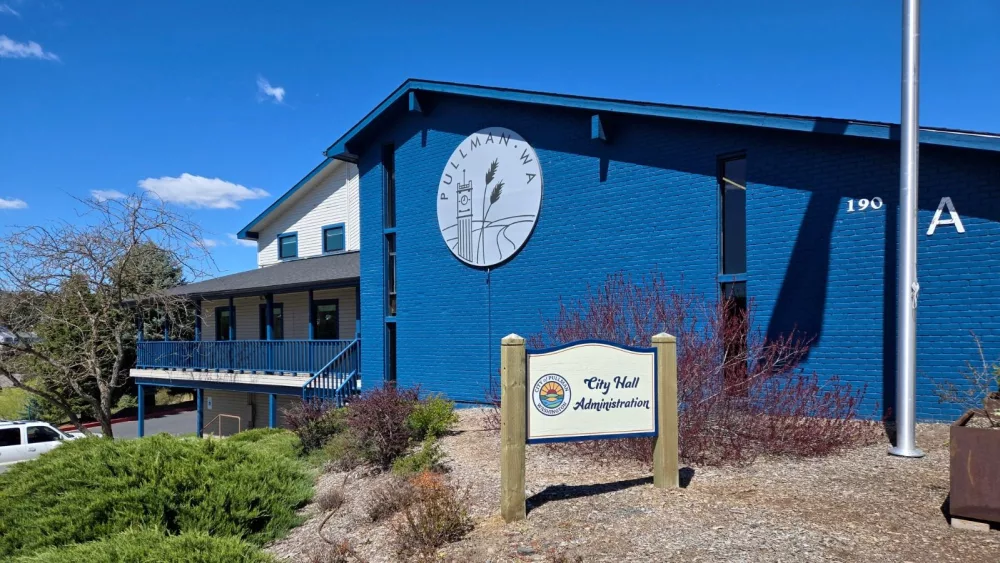OLYMPIA — The Washington Department of Fish and Wildlife (WDFW) urges new, prospective hunters to complete hunter education now before youth turkey hunting season opens on April 1 and the general spring turkey season opens on April 15.
“Now is a great time to complete hunter education because we are holding more in-person classes before the spring turkey hunting seasons,” said David Whipple, WDFW hunter education section manager. “Completing hunter education early in the year ensures that hunters can participate in turkey season and other hunting seasons throughout the year.”
WDFW offers both traditional, in-person hunter education classes as well as online options to complete the hunter education requirement. The traditional classroom experience includes direct instruction from certified volunteer instructors, which can be important for younger students. The online course offers the same content but allows the student to complete the course at a time and place convenient for them.
“Students 17 years of age and younger who take the online course are still required to complete an in-person field skills evaluation led by certified instructors,” added Whipple.
Students 18 years of age and older can complete the online class and a virtual “field day” to satisfy the requirements for certification.
“Students who complete the online class and virtual field day are encouraged to attend a field skills evaluation for additional in-person training with certified instructors–but it isn’t a requirement,” said Whipple.
Per Washington state law, all hunters born after Jan. 1, 1972 must complete a hunter education course in order to buy a hunting license. A hunter education deferral is available for hunters 10 years of age and older who want to try hunting with an eligible licensed hunter before completing a hunter education course themselves.
To learn about hunter education requirements and find an upcoming course near you, please visit the WDFW hunter education website.
The Washington Department of Fish and Wildlife works to preserve, protect, and perpetuate fish, wildlife, and ecosystems while providing sustainable fish and wildlife recreational and commercial opportunities.



